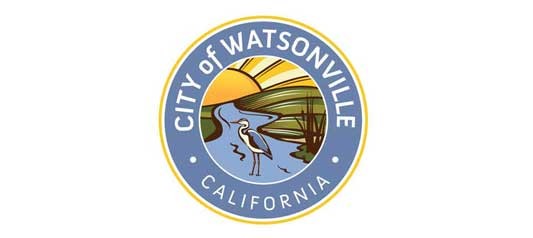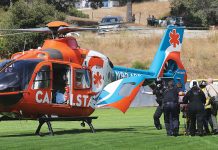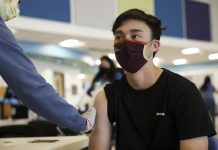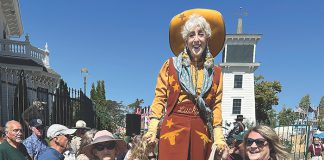WATSONVILLE — The Watsonville Planning Commission unanimously recommended Tuesday that the city council allow medical marijuana facilities to also sell their product for recreational use.
In January 2016, the Watsonville City Council allowed medical marijuana to be cultivated within the city. It later allowed the manufacturing of it.
California voters passed Proposition 64 with 57 percent of the vote in the 2016 election. It allowed personal users to grow marijuana on Nov. 9, 2016, and will allow the sale and taxation of recreational marijuana beginning Jan. 1, 2018.
Nearly a year ago, the Watsonville City Council banned the sale and manufacturing of recreational marijuana in the city, citing a need for more time to come up with regulations.
Community Development Director Suzi Merriam said allowing the city’s existing medical marijuana facilities to also produce and sell for recreational use will allow them to be competitive in the region, as Santa Cruz and Salinas are moving forward with similar ordinances.
Watsonville will also benefit from tax revenue, she added, since voters in 2016 approved two measures that tax marijuana businesses.
The decision will not add more facilities in the city, nor will it allow dispensaries, Merriam said.
City Councilwoman Rebecca Garcia urged the planning commission to reject the proposal, citing studies in Denver that show an increase in DUI crimes and hospital visits, among other things, since recreational marijuana became legal in Colorado.
“Medical marijuana is what our community needs,” she said. “It does not need recreational marijuana.”
The city council will now make a decision at a future meeting.
Also on Tuesday, the planning commission voted unanimously to uphold the denial of a medical marijuana facility proposed for 18 Hangar Way, Suite C.
Future2 Labs’ proposal was denied by the zoning administrator because of “false and misleading statements and omissions” in its application, according to Principal Planner Justin Meek.
Among those, the application stated that its corporate offices were located at an address that is currently a UPS Store in Santa Cruz, and the procedures manual listed procedures for a dispensary, not a manufacturing facility.
Mark Jones of Future2 Labs said the company is using the UPS Store as its mailing address, and the procedures manual was inadvertently included in the application.
He also expressed frustration at the application process, suggesting that he was being held to a “higher standard” than other cannabis applicants.
“We are trying to bring employment and tax base to the city,” Jones said. “We want to be treated equitably in the review process. If we don’t meet the muster, we will go do this in another city.”
Commissioner Nick Rivera said the denial was based on problems with the application, not because it was being held to a different standard.
“I don’t know if there needs to be a second chance here,” he said. “To suggest you are being held to a higher standard than other applicants, I don’t think that’s right.”
Commissioner Rick Danna said Jones did not bring evidence that he had been treated unfairly.
“At this point it seems like a lot of hearsay,” he said.













